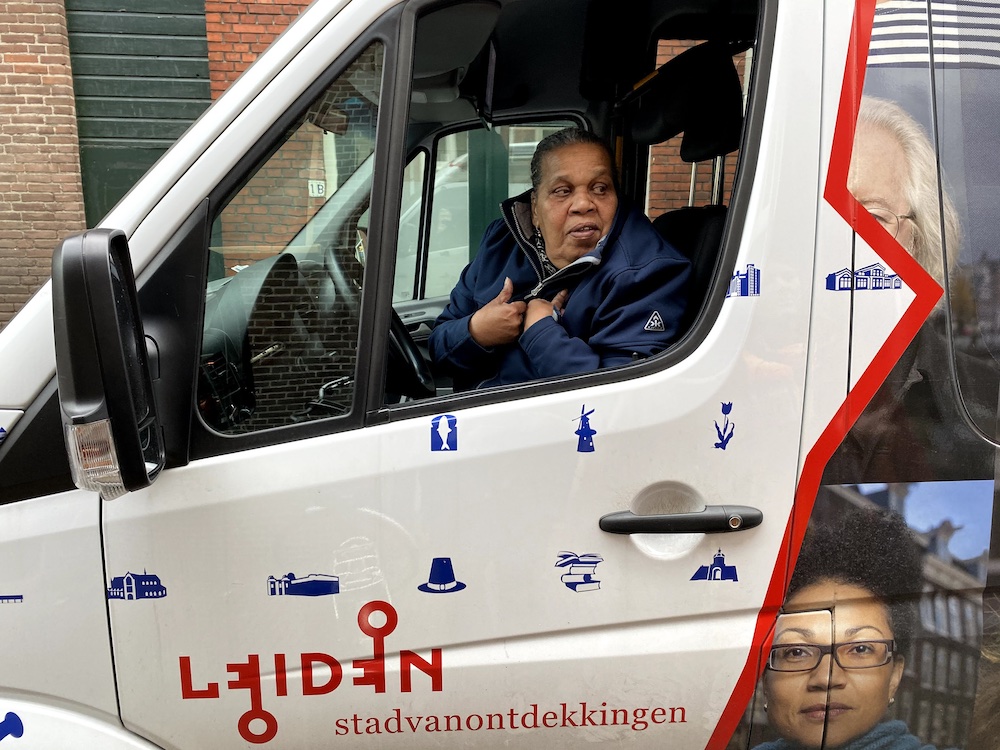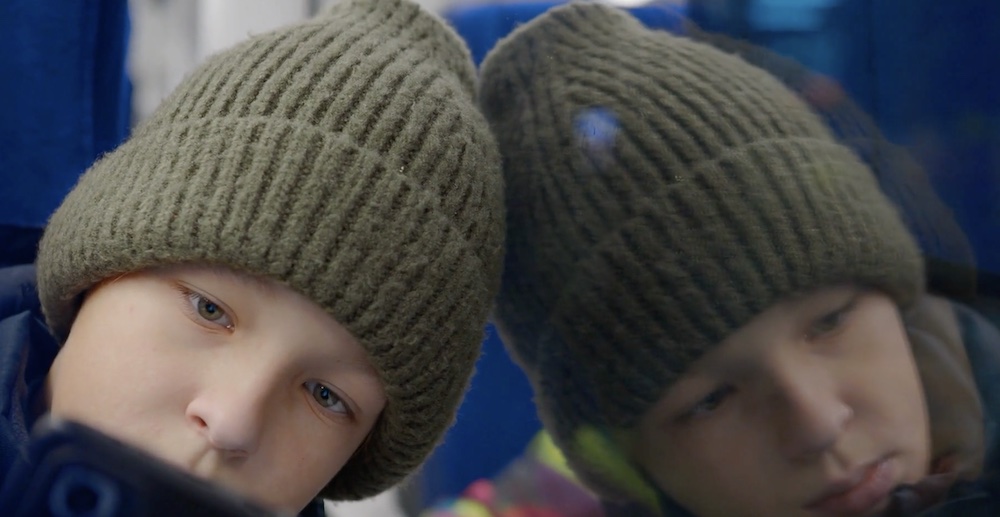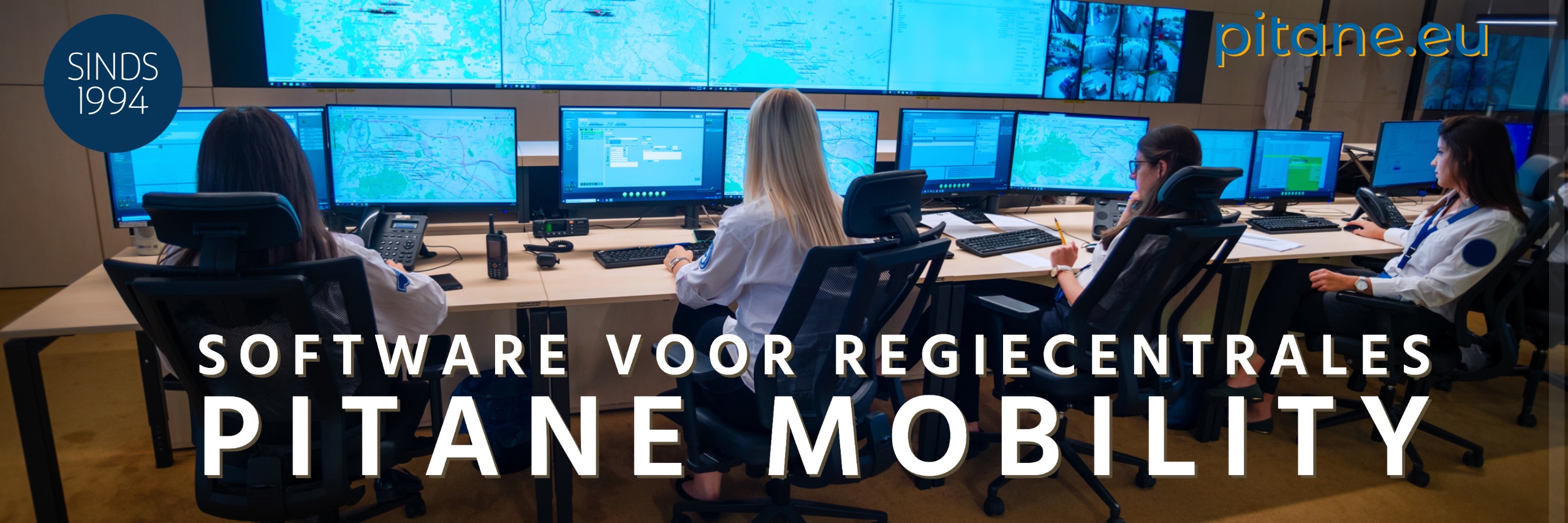The need to look beyond cuts and the importance of listening to practical experiences.
Roelof Veenbaas, an authority in the field of wheelchair research and mobility advice, has some things to say about the current policy in target group transport. And he should know, after years of work in the safety of wheelchair transport at organizations such as TNO Wegtransportmiddelen and Stichting Vast = Beter. Veenbaas's criticism is in line with the urgent appeal that the Royal Dutch Transport (KNV) Healthcare Transport and Taxi made to the Dutch councils of Mayors and Aldermen. Chairman Bertho Eckhardt emphasized the untenable situation in which healthcare transporters and their staff currently operate, especially when it comes to student transport for the 2023-2024 school year.
A core problem is the dire shortage of drivers, an issue that, according to Veenbaas, is systematically underestimated in tenders. This blind spot is worrying not only for the carriers but also for parents, who are usually in the dark about the so-called 'secret' quality agreements in the awarded tender.
Veenbaas calls for an honest and transparent dialogue that focuses on reality and not on the savings opportunities. “The world has changed; there are more separations, needs have become more varied and complex. When are we going to recognize that complexity and integrate it into our planning and policy?” He makes it clear that the emphasis should be on avoiding 'learning damage' for the children, rather than cost-efficiency.
"It is time that we recognize that target group transport is not just a matter of driving from A to B. It is about children with special needs, it is about their safety and their future. And it is certainly also about the people who provide this essential service : the drivers."
The fact that drivers are often blamed for transport problems is another painful truth that Veenbaas points out. “These drivers are responsible during the journey, but have no influence on the stress caused by the journey planning. If something goes wrong, you shouldn't blame it on the driver.”

While the debate about the current problems in student transport rages, Veenbaas puts another critical element in the spotlight: the quality of transport itself. He emphasizes the importance of building trust and recognizing the role of the target group driver as a profession in itself. “It is high time that we provide the concept of quality with real substance,” he says. He also addresses the daily variability in transport, a reality that is often ignored when drawing up policies and tenders.
A missed opportunity, according to Veenbaas, is the lack of conversations with companies that left the sector because they could not deliver the quality for the price set through the tender. Insufficient attention is also paid to the experiences of drivers and educational institutions that have successfully contributed to well-functioning transport. The problem, according to Veenbaas, is a deep-rooted culture of fear that stands in the way of any fundamental change.
Veenbaas does not argue for a complete overthrow of the system, but for a more nuanced approach that does justice to the complexity of target group transport. “The call for more efficiency and savings should not be at the expense of quality and safety,” says Veenbaas. “What we need are sustainable solutions that make the system not only more efficient but also more human.”
solution
If we can learn anything from the experience and expertise of people like Roelof Veenbaas, it is that there are no quick solutions to complex problems. It will take a coordinated effort from all stakeholders to bring about real change. What is clear is that the first step is recognizing the problems, and the second step is taking seriously the people who deal with these problems every day.
The alarm bell has been sounded, not only by the KNV but also by people like Roelof Veenbaas, who put their finger on the sore spot with a wealth of experience and expertise. What we need is a thorough rethink of the system, with a focus on the human aspects of transport – from the children who rely on this service to the drivers who hold the wheel.

In the past, as a researcher at TNO on behalf of the Ministry of Transport, Public Works and Water Management, Roelof also conducted important research into the safety of wheelchair transport. This research received national attention and led to a broadcast of the consumer program Radar.
Roelof Veenbaas is a man with in-depth expertise and personal experience in the field of wheelchair transport. As a scientific employee, he has dedicated himself to the design and safety analyzes of wheelchairs for many years. This led to the co-founding of the Vast Foundation = Better in 2004, an organization that works to improve the safety of transportation for people with disabilities. He contributed to the goals of this foundation through training and information in the workplace until October 2014.
But Veenbaas is not just an expert in theory; he also has personal experience. His partner was already caring for their foster child Arjen, with very severe multiple disabilities (zEMB), when he met her in 1985. Arjen, who passed away in 2018 at the age of 45, taught Veenbaas a lot about the nuances and challenges of living with a disability.
This combination of professional and personal experience has given Veenbaas a unique perspective, but it was not without its difficult moments. In 2014, he decided to stop his work on the safety of wheelchair transport because he felt increasingly less comfortable during discussions about adjustments to the 'old' VVR Code. As an independent researcher and experienced parent, he found it difficult to make his voice heard in a landscape where partial interests often outweighed the overall picture and empathy for others.
Veenbaas states that, although the legal search for a 'guilty' in (near) accidents is understandable, this does not contribute to a real solution to safety problems. Instead, he advocates an open analysis of the causes of reports of (near) accidents, so that all parties involved can learn from them. In his view, this is a much more effective approach than cultivating a claims culture.



